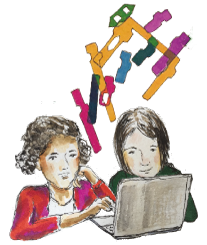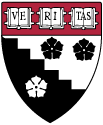Welcome to the ScratchEd Online Community Archive!
From May 2009 until May 2019, more than 27,000 educators who support learning with the Scratch programming language shared 4,749 discussion posts, 1,027 resources, and 354 stories here in the ScratchEd Online Community. We've created this archive so you can peruse these 10 years of discussions, resources, and stories.

ScratchEd is now closed to new members and contributions, but the ScratchEd spirit continues in two other key initiatives: the Scratch Educator Meetups Network and the Teaching with Scratch Discussion Group. To learn more about the history of the ScratchEd Online Community, please visit the About page.

From pedagogical puzzles to technical troubleshooting, explore thousands of conversations in the discussion forums.
If you're looking for current conversations, join or start a Scratch Educator Meetup in your area or participate in the Teaching with Scratch discussion group on Facebook.

















